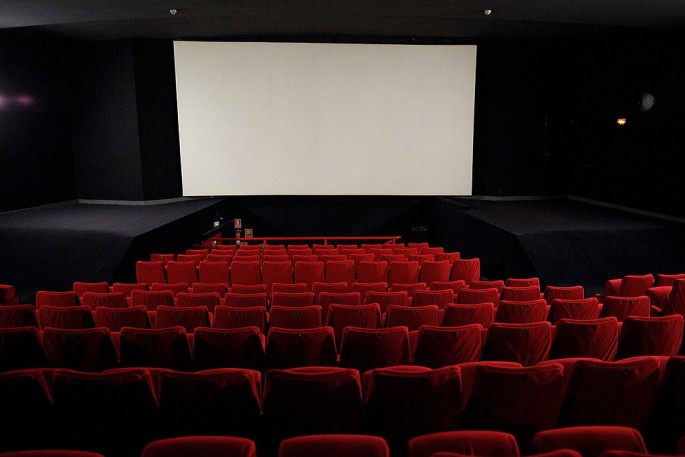As China's film industry continues to grow, executives from both Chinese and Hollywood studios pointed out that the country should eye a new means of increasing the industry's revenue, and one is through movie merchandising, The Hollywood Reporter published.
The consensus was announced on Monday during the first annual Chinese Film Merchandising Summit at the Beijing International Film Festival.
During the first quarter of 2016, the local box office expanded 50 percent. By next year, the local movie industry is expected to be the world's number one theatrical territory, overtaking North America.
Nonetheless, Beijing's deputy mayor Li Shixiang noted that 80 percent of the industry revenue comes from ticket sales, compared to North America's 30 percent.
"The rest is made of up of derivative products," Li said. "It's very important for us to develop a merchandise industry . . . our hope is that not only the Chinese audience will know Iron Man and the Transformers, but families around the world will own figurines of the Monkey King and other Chinese characters."
As part of the country's efforts to boost movie merchandising, state-backed family enterprise China Film Group established a research institute dedicated for this sector. The project is in cooperation with the Beijing Film Institute, which has earlier included movie merchandising major in its list of programs.
For Jeffrey Godsick, 20th Century Fox's president for consumer products, China could soon see an explosive growth to its merchandising space.
"Chinese consumers want authenticity and they want real brands," Godsick stated. "This is the most exciting moment in the history of merchandising in China, because you're starting at the beginning and you understand how important it is in the industry and you're taking it very seriously."
While Huayi Brothers Pictures CEO Jerry Ye shared the same sentiment, he stressed that there are considerable challenges Chinese studios could still face. The growth of the country's IP industry is one of these factors.
"Every country's toys are manufactured in China, so why can't we produce toys for our own films?" he argued. "The development of the IP industry must first have an environment of copyright protection to defend our IP from knock-offs. Otherwise, these products will only be another form of promotion for the films, and not a very good form."
Amid such issue, industry leaders are still hopeful on tapping the potential of the movie merchandising sector.
"Consumers' purchasing power has been growing rapidly, and under these circumstances they are looking for great products and not just great films," La Peking, chairman of China Film Group, said.
"Since 2015, the merchandising sector has been growing quickly," La added.



























